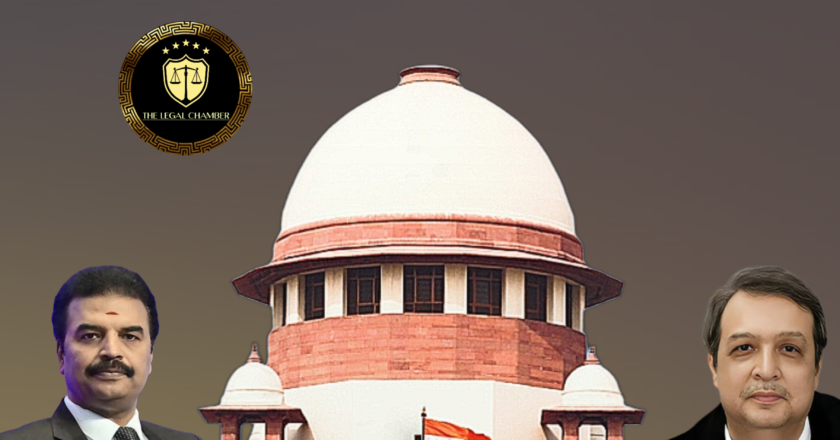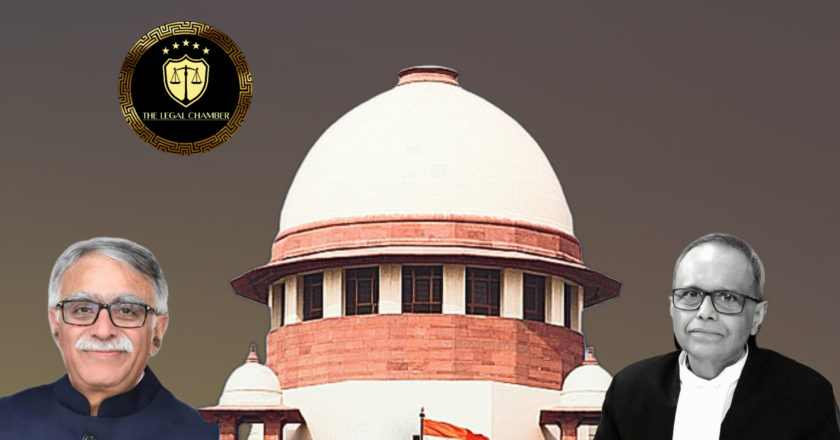Delayed Counter-Claim for Specific Performance Dismissed by Supreme Court
This Supreme Court judgment clarifies that a counter-claim under Order VIII Rule 6A of the CPC must be filed against the plaintiff, not solely against a co-defendant. Furthermore, while no specific time limit is prescribed, a counter-claim cannot be permitted after the framing of issues in the suit, as it defeats the purpose of speedy justice and procedural efficiency.
Facts Of The Case:
The appellant, Rajul Manoj Shah, filed a suit in 2012 concerning a bungalow she jointly owned with her sister-in-law (defendant no.1). She sought a declaration that her sister-in-law had no right to transfer the property and to nullify an Agreement to Sell dated 21.10.2011 executed in favor of respondent no.1, Kiranbhai Patel (defendant no.2). After the sister-in-law passed away in ...



